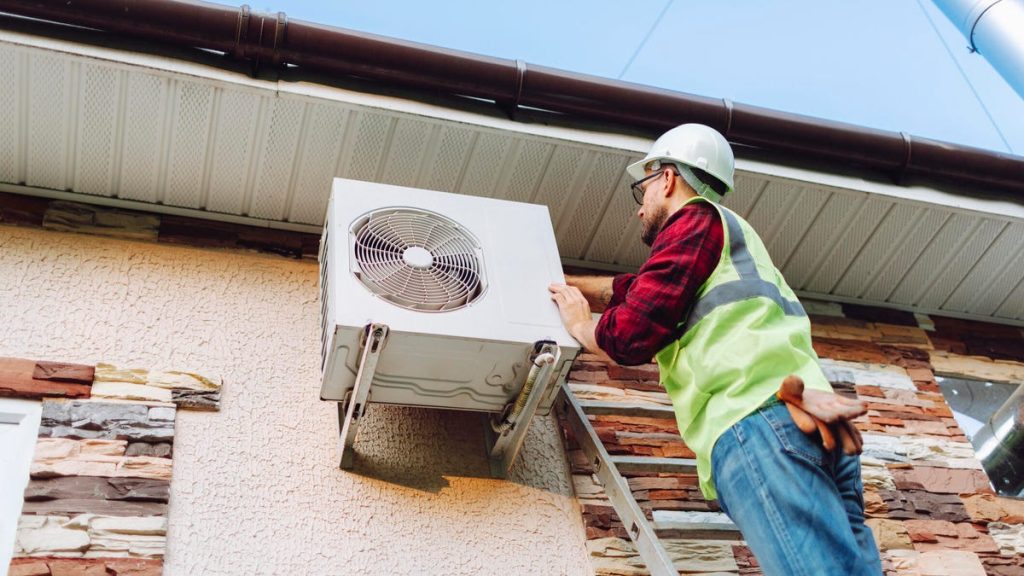Heat pumps are becoming a popular option for heating and cooling homes as the planet continues to warm. Americans purchased 21% more heat pumps than other heating and cooling options in 2023, according to the Air Conditioning, Heating, and Refrigeration Institute. When considering a heat pump for your home, the price tag is a factor to keep in mind. The cost of a heat pump can vary depending on factors such as system performance and efficiency, quality of installation labor, and complexity of the install. Different types of heat pumps, such as ductless mini-split and air-source heat pumps, have varying costs for equipment and installation, ranging from $1,300 to $8,000 and $4,500 to $8,000, respectively. Geothermal heat pumps, which offer the most energy efficiency, have higher initial costs, typically ranging from $6,000 to $20,000.
When it comes to installing a heat pump, the cost will depend on factors like the size and layout of your home, existing ductwork, and labor costs. Ductless mini-split systems are less invasive to install, while geothermal heat pumps involve the installation of underground loops, requiring significant excavation and specialized equipment. Qualified installations are essential for the proper function of HVAC systems, and higher-quality installations may cost more upfront but can lead to better long-term performance. Tax credits and rebates are available to offset the initial installation costs of heat pumps. Federal tax credits can cover up to 30% of the installation cost, up to $2,000 for air-source heat pumps, and offer a 30% tax credit without a cap for geothermal systems. Some states and municipalities may also have additional incentives for homeowners to further offset the cost of heat pumps.
The decision to buy a heat pump ultimately depends on the specific circumstances of each home. While upfront costs can be significant, the long-term savings on energy bills and environmental benefits can make investing in a heat pump a financially and environmentally wise decision. Heat pumps typically have a lifespan of 15 to 20 years, providing reliable and efficient service over time that can lead to substantial energy savings. In addition to reducing greenhouse gas emissions and reliance on fossil fuels, heat pumps offer homeowners the opportunity to enhance their home’s efficiency and sustainability. With federal and state incentives available, homeowners can save significant amounts on the total cost of purchasing and installing a heat pump.
Overall, heat pumps offer a more energy-efficient and environmentally friendly option for heating and cooling homes compared to traditional HVAC systems. While the initial costs may be higher, the long-term savings on energy bills and potential tax credits and rebates can make investing in a heat pump a financially beneficial decision. By considering factors such as system performance, installation costs, and available incentives, homeowners can determine if a heat pump is the right choice for their home. With advancements in technology and the push for sustainability, heat pumps are becoming a more popular choice for managing temperatures in homes and reducing reliance on fossil fuels.











